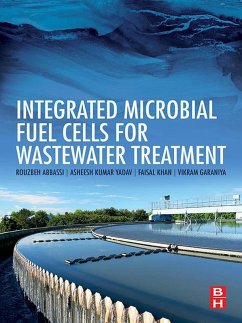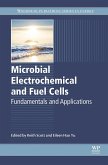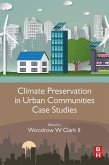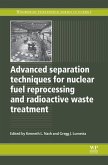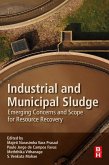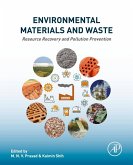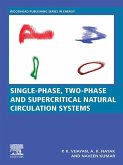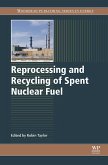The book is broadly divided into four sections. It begins with an overview of the "state of the art" bioelectrochemical systems (BESs) as well as the fundamentals of MFC technology and its potential to enhance wastewater treatment efficiencies and reduce electricity generation cost. In section two, discusses the integration, installation, and optimization of MFC into conventional wastewater treatment processes such as activated sludge process, lagoons, constructed wetlands, and membrane bioreactors. Section three outlines integrations of MFCs into other wastewater processes. The final section provides explorative studies of MFC integrated systems for large scale wastewater treatment and the challenges which are inherent in the upscaling process.
- Clearly describes the latest techniques for integrating MFC into traditional wastewater treatment processes such as activated sludge process, lagoons, constructed wetlands, and membrane bioreactors
- Discusses the fundamentals of bioelectrochemical systems for degrading the contaminants from the municipal and industrial wastewater
- Covers methods for the optimization of integrated systems
Dieser Download kann aus rechtlichen Gründen nur mit Rechnungsadresse in A, B, BG, CY, CZ, D, DK, EW, E, FIN, F, GR, HR, H, IRL, I, LT, L, LR, M, NL, PL, P, R, S, SLO, SK ausgeliefert werden.

